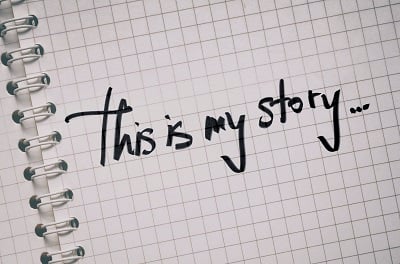After a Trauma
After the terrorist attacks in Brussels, Paris, or elsewhere, many people may find themselves struggling with symptoms of anxiety, stress and even posttraumatic stress disorder, or PTSD.
The news of the latest terrorist attacks may trigger anxious thoughts and feelings in those who have experienced or witnessed life-threatening events.
Clinical Practice Review for OCD
Diagnostic and Statistical Manual of Mental Disorders (DSM-5)
For diagnostic criteria and codes, visit the Anxiety Disorders page of the DSM-5;requires subscription and login.
Spread the Word
Help us spread the word about the benefits of treatment for anxiety and mood disorders, OCD, and PTSD — for children and teens, women, men, and all those suffering from related illnesses.
Please tweet, post on Facebook, or add the links to your own website — whatever works to get the word out that you are not alone and help is here!
Sleep Problems and PTSD
Many people have trouble sleeping at times. But it's more likely after you have experienced an accident, war, assault, disaster, or other traumatic event. Trouble sleeping and nightmares are two symptoms of PTSD.
You may find you are sleeping too little, or too much, or having nightmares. If these symptoms don't go away, get worse over time, or interfere with your daily life, it might be time to see a doctor.
Sleep Issues:
-
Sleep disturbances are reported in over 70% of individuals with PTSD.
Anxiety and Stress in the Workplace
Having an anxiety disorder can make a major impact in the workplace. People may turn down a promotion or other opportunity because it involves travel or public speaking; make excuses to get out of office parties, staff lunches, and other events or meetings with coworkers; or be unable to meet deadlines.
After the Trauma: How to Manage Anxiety and Stress
Ten years after the 9/11 terrorist attacks many people continue to struggle with symptoms of anxiety, stress and even posttraumatic stress disorder, or PTSD.







